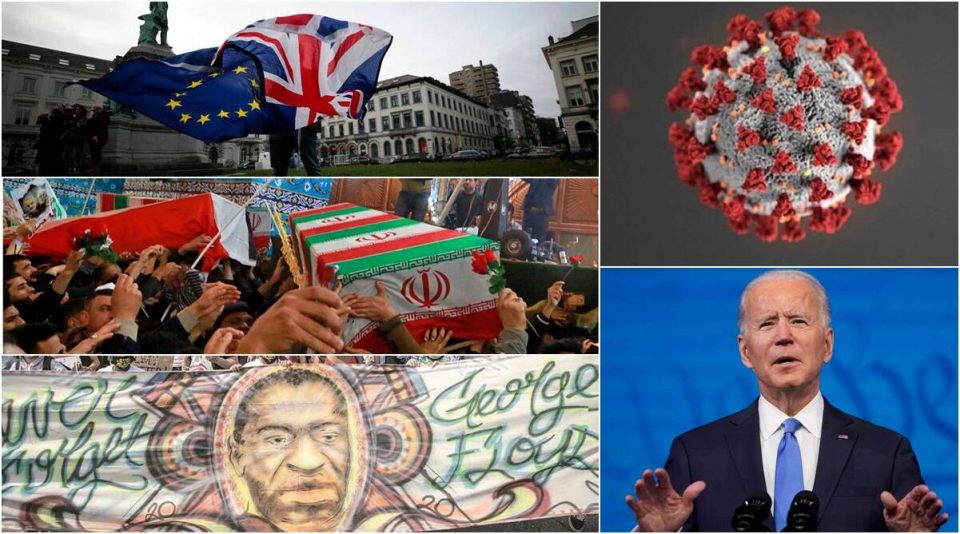After seeing off the year 2020, let us have a look at the major events that shook and moved the year before it has made a goodbye to us:
10. The US Senate Acquits Donald Trump of Impeachment Charges
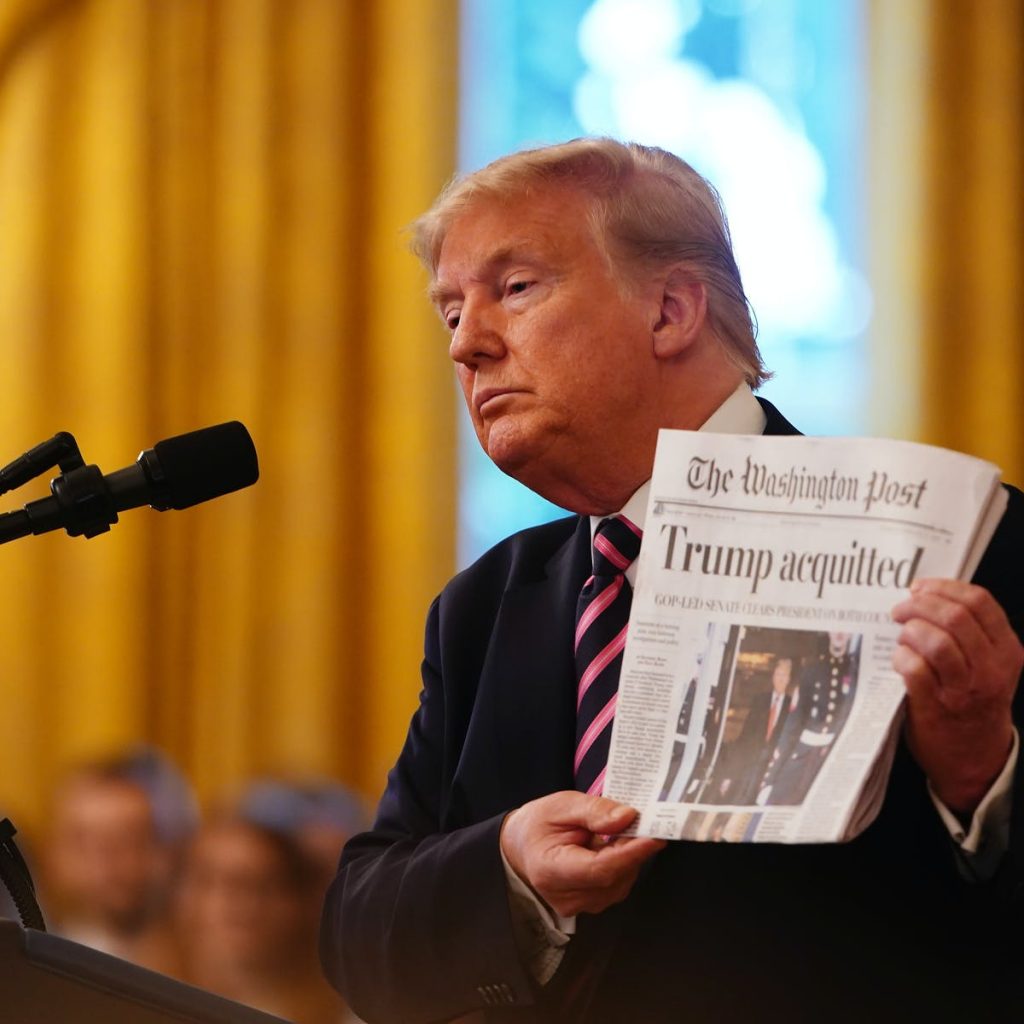
In most years, a presidential impeachment trial would top the year-end list of biggest news stories. But in 2020, it only just makes the top ten. Donald Trump began the year as the third president in US history to be impeached, joining Andrew Johnson and Bill Clinton. The US House had impeached Trump on two charges: abuse of power and obstruction of Congress. The impeachment trial in the Senate opened on January 16, with Supreme Court Chief Justice John Roberts presiding. Perhaps the most remarkable aspect of the trial was that after hearing opening presentations by the House managers and Trump’s defense team, the Senate voted not to call witnesses or issue subpoenas. On February 5, the Senate acquitted Trump on both articles of impeachment almost entirely along partisan lines.
9. Belarusians Protest for Fair and Free Elections
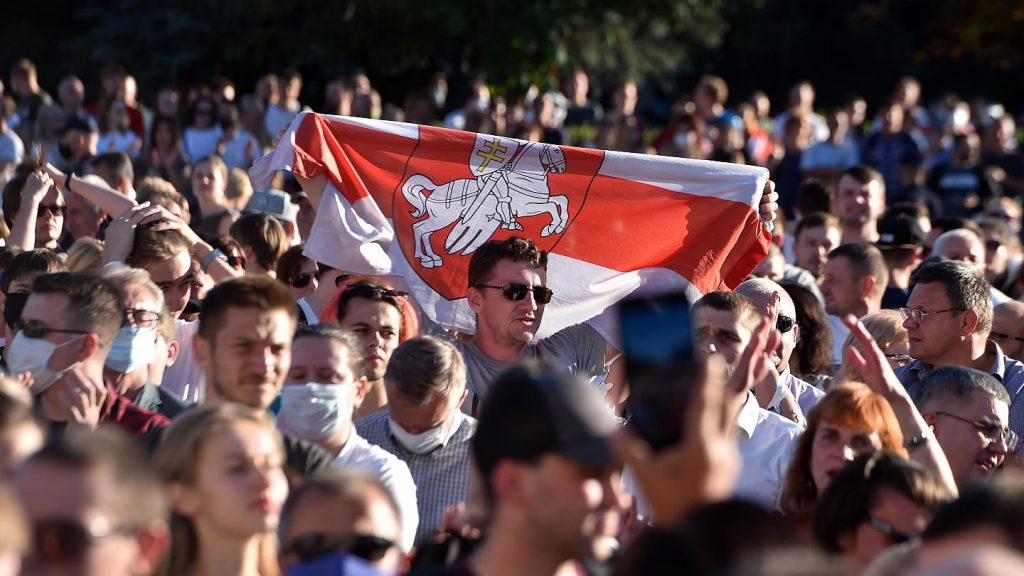
On August 9, Belarusian president Alexander Lukashenko, a man known as ‘Europe’s last dictator,’ claimed he had won 80 percent of the vote in the country’s presidential election, thereby entitling him to a sixth term in office. Thousands immediately took to the streets to protest what they saw as a stolen election. Lukashenko had succeeded in barring several potential candidates from running against him in the August election. The opposition eventually coalesced around Svetlana Tikhanovskaya, whose husband, a popular YouTuber, had been a leading candidate until Lukashenko had him arrested. Tikhanovskaya fled the country following Lukashenko’s claim to victory. Belarusian authorities arrested an estimated 17,000 people; many were brutally beaten. The European Union imposed a range of sanctions in response, and it was joined by the United Kingdom and the United States in calling for new elections.
8. Tensions Flare Between Iran and the United States
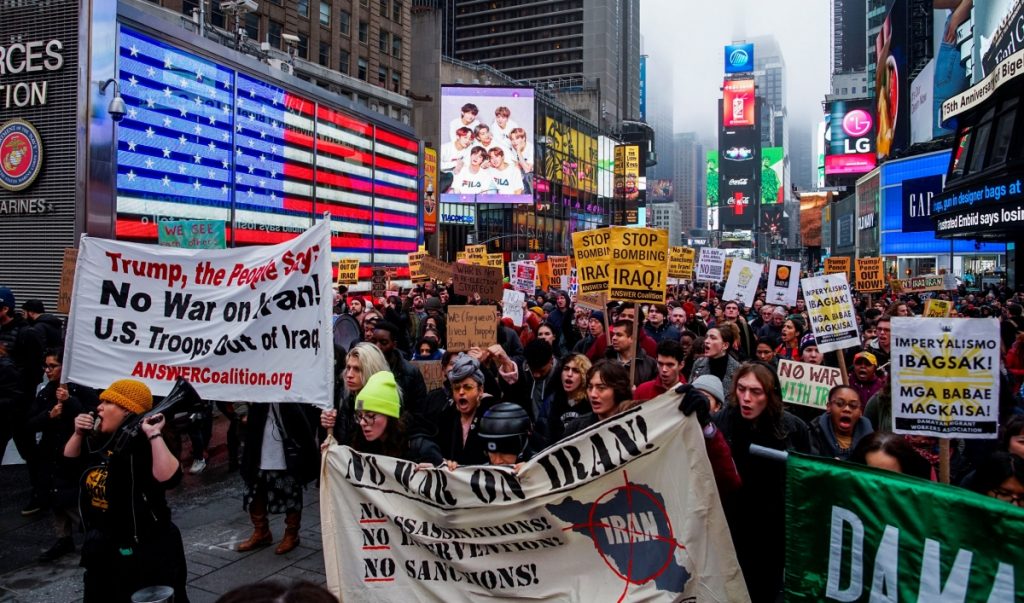
On January 3, a US drone strike killed QasemSoleimani, the leader of the Quds Force of the Islamic Revolutionary Guard Corps, shortly after he arrived in Baghdad. Iran retaliated over the next two months with rocket attacks on US bases in Iraq, injuring dozens of US troops and killing many Iraqis. Tensions flared again in April when several Iranian speedboats harassed US warships in the Persian Gulf, prompting Trump to tweet that he had issued orders ‘to shoot down’ Iranian gunboats if the harassment continued. Iran responded by threatening to destroy US warships. Amidst this spat, Iran launched its first military satellite, intensifying US concerns over Iran’s improving long-range missile capabilities.
7. Oil Prices Tank

The COVID-19 outbreak sent economies around the world into a tailspin, depressing the demand for oil. But the bad news for oil producers didn’t stop there. At a March meeting of the Organization of the Petroleum Exporting Countries (OPEC), Saudi Arabia proposed that OPEC members and aligned oil-producing countries known as OPEC+ cut their joint oil production by 1.5 million barrels per day to help stabilize falling oil prices. Russia, an OPEC+ country and the world’s third largest oil producer after the United States and Saudi Arabia, rejected the plan, thereby ending six years of Russian-Saudi cooperation on production policy. Riyadh responded by cutting its export prices and boosting production. That sent oil prices plummeting.
6. Abraham Accords Signed
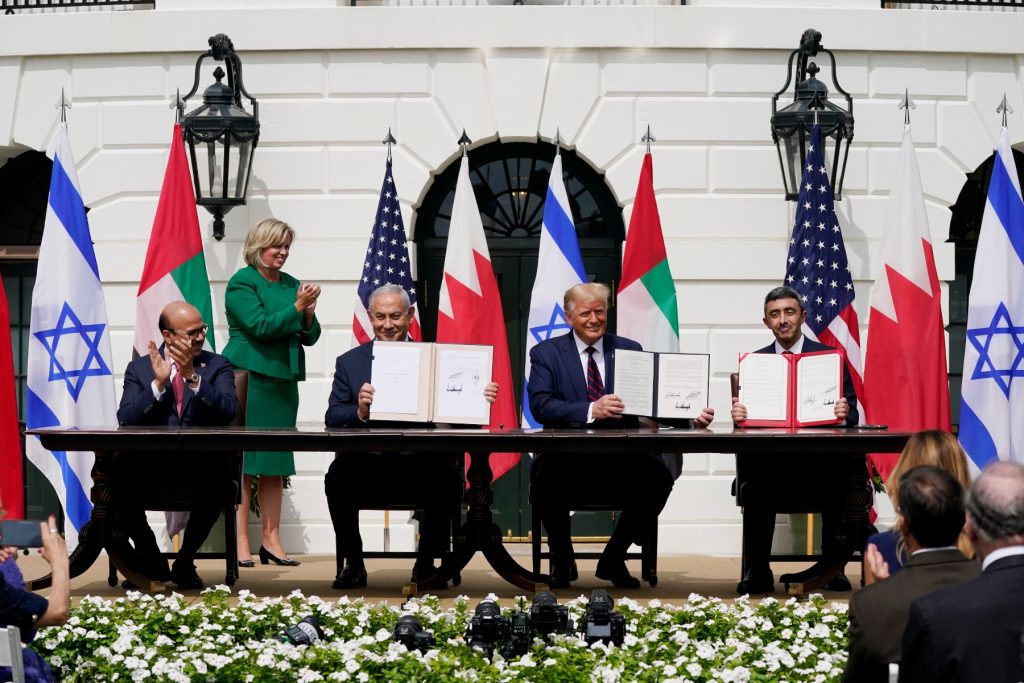
On August 13, the Trump administration announced it had helped broker a deal in which the United Arab Emirates (UAE) recognized Israel in return for Israel’s pledge to forgo, for the time being at least, annexing territory in the West Bank. On September 11, Bahrain announced it would join the deal. Four days later, Trump hosted a signing ceremony at the White House for the Abraham Accords and expressed hope that they would lead to ‘real peace in the Middle East.’ Sudan joined the deal in October, and Morocco followed suit in December. As the year closed, speculation continued as to whether Saudi Arabia would join as well. As significant as the accords were, they did not address the core issue in Middle East peacemaking efforts—the conflict between Israelis and Palestinians.
5. The Black Lives Matter Movement
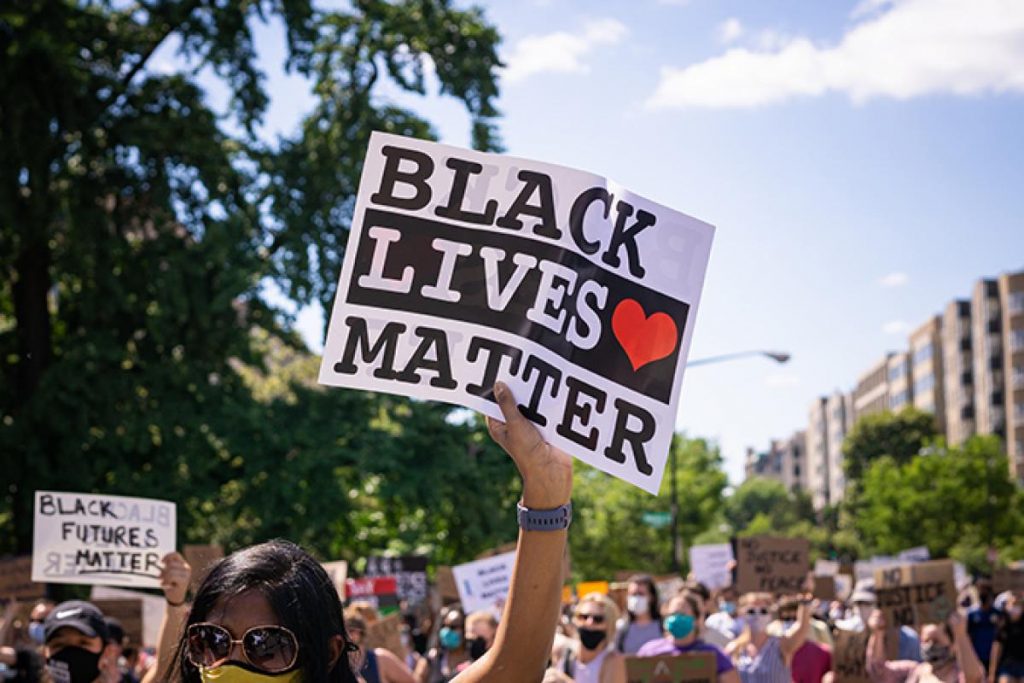
On May 25, George Floyd, a forty-six-year-old Black man, was arrested in Minneapolis for allegedly passing a counterfeit $20 bill. One of the arresting officers kept his knee on Floyd’s neck for eight minutes and fifteen seconds, killing him. Floyd’s death at the hands of officers whose mission is to “protect and serve” followed on the heels of literally hundreds of similar police killings of Black Americans, including Trayvon Martin, Tamir Rice, and Breonna Taylor. Video of Floyd’s killing triggered protests across the United States and sparked a long overdue national conversation about systemic racism. But the protests and conversations about justice and equality went far beyond America’s borders.
3. China Asserts Itself
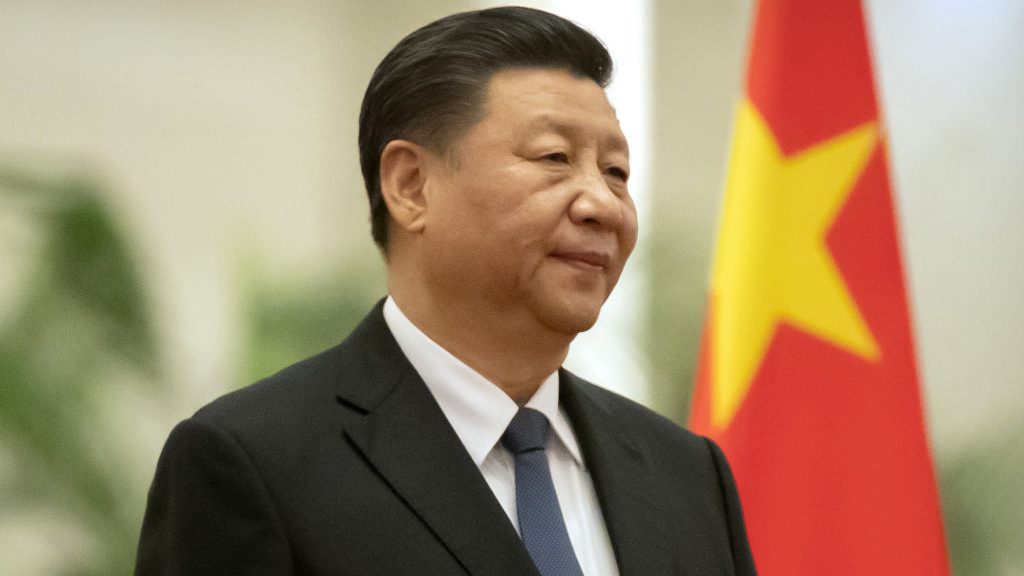
Early in 2020, Chinese officials escalated their ‘wolf warrior’ diplomacy, aggressively (and undiplomatically) attacking countries and individuals they believed had slighted China. In April, China retaliated against Australia’s call for an inquiry into the origins and spread of the coronavirus by launching a trade war. In mid-June, days after a deal was struck to deescalate a border standoff with India, Chinese troops initiated clashes that killed twenty Indian soldiers. Weeks later, Beijing imposed a new national security law on Hong Kong designed to crush the pro-democracy movement. China was aggressive as well in its dealings with Taiwan as the Trump administration strengthened its ties with what Beijing regards as a renegade province.
2. Joe Biden Wins the Presidency
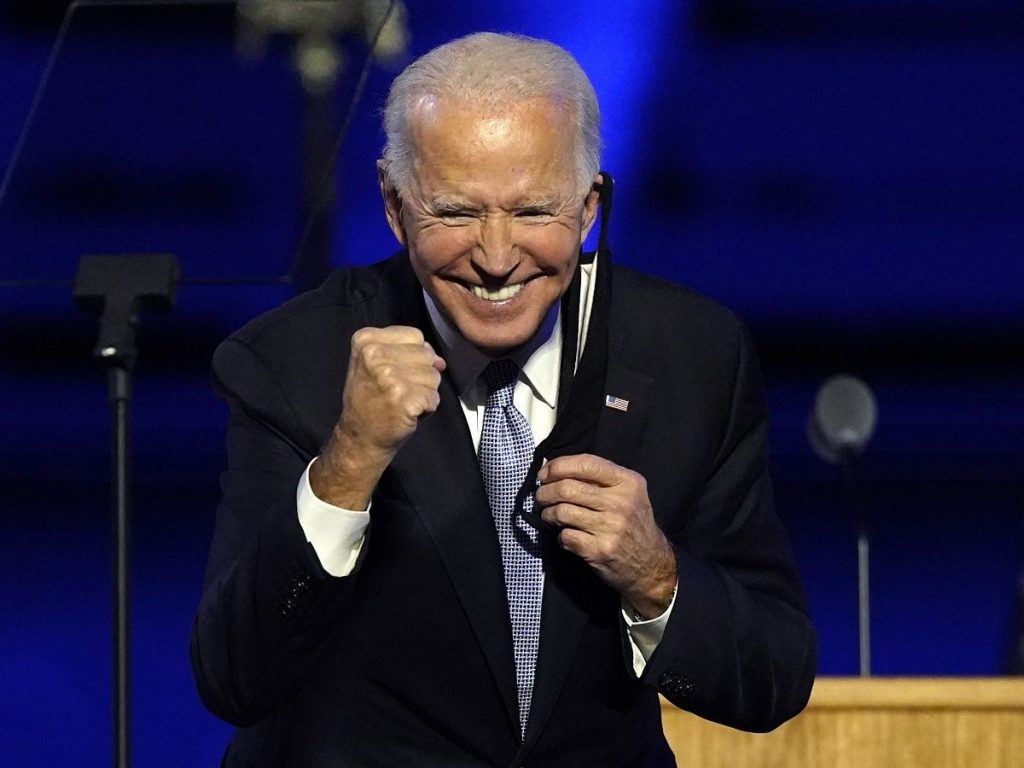
Americans felt passionately about the 2020 presidential election. The proof is in the turnout: More than 159 million people voted. That equates to 66.7 percent voter turnout, the highest since 1900. More than 100 million Americans voted early, either in-person or by mail, the first time in history that more people voted before Election Day than on it. The size of the mail-in vote and a handful of tight races meant it wasn’t until November 7, four days after Election Day, that the race was called for Joe Biden. Trump refused to concede, however. Insisting he had won, he demanded recounts in several states, falsely claimed large-scale election fraud, and filed lawsuits in state and federal courts to overturn the results. None of his challenges paid off. On December 14 the Electoral College elected Biden president.
- The COVID-19 Pandemic

On January 11 after China reported its first death from the disease. Nearly a year later, COVID-19 had changed life as we knew it. The World Health Organization estimated in October that as much as 10 percent of the world’s population had already contracted COVID-19; by year’s end some 1.7 million people had died from it. As countries implemented lockdowns to stop the disease’s spread, the global economy sputtered—it may have contracted by more than 4 percent—and poverty rates spiked. The year closed on a positive note as vaccines were approved in record time, and the New Year started with the vaccination in many countries.
With an end to the article we hope that year 2021 will be cheerful, and may life get back to normal on a happy note.
 Live
Live
